“Behold, now is the accepted time; behold, now is the day of salvation.” (2 Corinthians 6:2)
The Day of Atonement, Yom Kippur, the 10th day of the month of Tishri, is the most solemn holiday of the Jewish year. It is a rehearsal for the last call and Judgment Day. It is a day dedicated to repentance–a concept that desperately needs a revival.
In fact, the Bible is a book about repentance. God’s desire is that everyone should repent and that no one should perish. (Matthew 18:14)
In the 10 Days of Awe leading up to the Day of Atonement, it is an excellent time to follow the example of our Jewish elder brothers to set our lives in order with God and one another.
Yom Kippur is a complete Sabbath; no work can be performed on this day, and it’s interesting that this year Yom Kippur falls on THE weekly Sabbath which begins at sundown October 3 and ends at sunset October 4. According to Orthodox Jewish sources, “all other fast days are postponed until Sunday when they fall on Shabbat. However, unlike all other fasts, Yom Kippur is not postponed, and is fully observed even on Shabbat.” Indeed, the Torah dubs Yom Kippur, “Shabbat Shabbaton” — the “Shabbat of Shabbats,” implying that it takes precedence over the weekly Shabbat.
Even many of my secular Jewish and Israeli friends who do not considers themselves to be “religious,” honour the Day of Atonement in some way, either by abstaining from work, fasting for 25 hours or attending synagogue services. The City Market where we buy our groceries in Jerusalem is managed by secular Israelis who keep the business open 24/7 every day of the year ….except Yom Kippur. The Day of Atonement is in a class all by itself.
In the Old City of Jerusalem in Christian and Muslim quarters, it is business as usual on Yom Kippur. But in the Jewish areas and out in the highways of the nation, the quiet and stillness is reverentially, almost eerie. Highways are empty. To drive out on one of the highways on Yom Kippur, you would feel like a big sinner. There is a silence in the streets of Israel unlike any other nation. I know of no other nation that engages in a total fast annually, humbling themselves before God. And the Lord will honour this national act and will pour out the spirit of grace and supplication. (Zechariah 12:10)
While fasting is not specifically mentioned in Leviticus 23: 27, Yom Kippur is described as a day to “afflict the soul.” Almost universally in Judaism a fast on this day is the means to afflict one’s soul, and it’s a complete fast, without food or water.
The Jewish people believe that on this day God enters his verdict in books that are sealed. This day is, essentially, according to “Judaism 101,” their last appeal, their last chance to change God’s judgment, to demonstrate their repentance and to make amends.
At the beginning of Yom Kippur in the synagogues the cantors sing the Kol Nidrei ( “All vows”), which is a fascinating disclaimer, with its touching melodic phrases:
“All personal vows we are likely to make, all personal oaths and pledges we are likely to take between this Yom Kippur and the next Yom Kippur, we publicly renounce. . . . Let our personal vows, pledges and oaths be considered neither vows nor pledges nor oaths.”
The leader and the congregation then engage in corporate prayer by saying together three times, “May all the people of Israel be forgiven, including all the strangers who live in their midst, for all the people are in fault.”
The Jewish people have a saying, hoping that all is well, for this day, “May your name be inscribed” in the Book of Life. We are eternally grateful to our Jewish Saviour that because of the merit of his finished work on the Cross, our names are inscribed and sealed in the Lamb’s Book of Life. The Bible, in fact, contains many references to the Book of Life. The Hebrew Prophet Daniel wrote that “everyone whose name is found written in the book will be delivered.” (Daniel 12:1)
Israelis say to one another during these Days of Awe, “g’mar hatima tova,” meaning may your name be inscribed favorably in the Sefer HaChaim, the Book of Life, because the Jewish people believe on Rosh Hashana (the Jewish New Year) a person’s name is written into the Book of Life, and on Yom Kippur the books are sealed. Thank God, as long as the Gospel door of hope is open, our names can still be written in the Lamb’s Book of Life anytime that we repent and believe the Good News!
Followers of Rabbi Jesus/Yeshua believe He died to make Atonement as God’s sacrificial lamb upon the altar of the Cross. The Gospel invites sinners to look by faith to the judgment of our sin on the Cross for all time and eternity. And when we look by faith at the Cross, as Moses lifted the brazen serpent in the wilderness, we live, and our sins are forgiven vicariously. The New Testament assures us that the names of those who are saved by faith are recorded in the Lamb’s Book of Life.
“He that overcomes… I will never blot his name out of the Book of Life.” (Revelation 3:5)
“Anyone not found written in the Book of Life was thrown into the lake of fire.” (Revelation 20:15)
We are a branch not the root, and really Christianity cannot stand alone. Judaism is the foundation of our faith. That is why I describe myself as a Judeo-Christian. Without my Hebraic roots, Christianity cannot be explained or understood.
Soon in the synagague services as Yom Kippur ends, there will be a long shofar blast. Ten days before, Yom Teruah/Feast of Trumpets, the “day of alarm/shouting,” is described in practicality as the Feast of Trumpets, but the word trumpet (shofar) is not mentioned in the Bible concerning Yom Teruah.
Now think about this: Leviticus actually stipulates that a shofar is to sound on Yom Kippur!
So it is awesome to me that in Judaism, Yom Kippur is the day of the last call to repent with a big trumpet blast, signalling a wakeup call! It could also potentially be identified as the “last trump” referred to by the Apostle Paul (1 Corinthians 15:52). That concept is definitely a Christian concept, my friends: “Today IS the day of salvation.” Today IS always the day of the last call. Why? God never promises us tomorrow.
“Today, if you hear his voice, do not harden your hearts as you did in the rebellion.” (Hebrews 3: 15)
The service at the end of Yom Kippur is called THE CLOSING OF THE GATES!
Soon the gates will close, my friend, just as God Himself closed the door of Noah’s ark, and only those who were shut inside were saved. Jesus (Yeshua) is our ark of safety when we are “in” Him. We are living in an extended period of grace. All who call upon the Lord SHALL be saved!

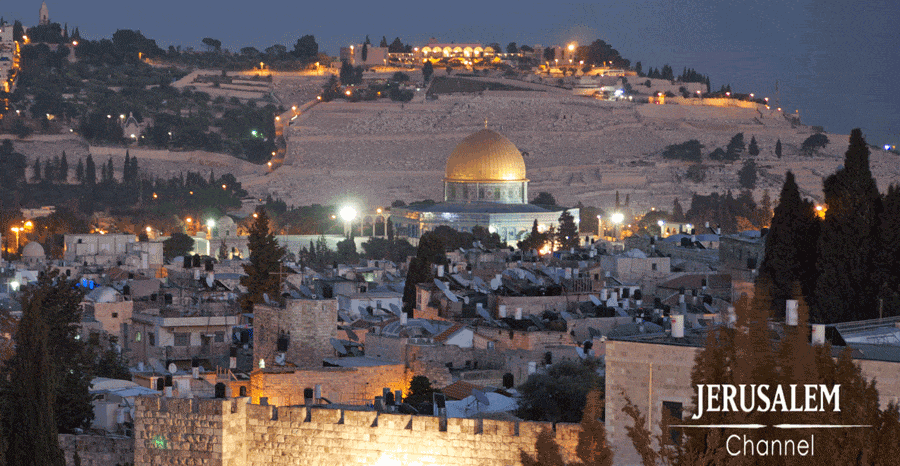
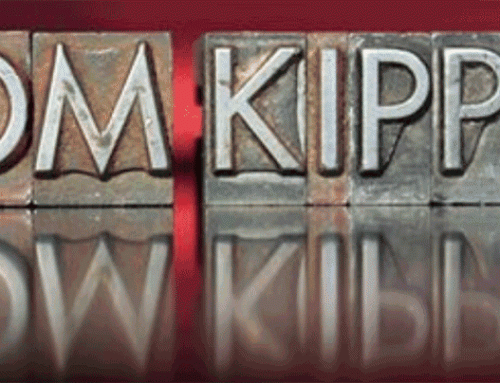

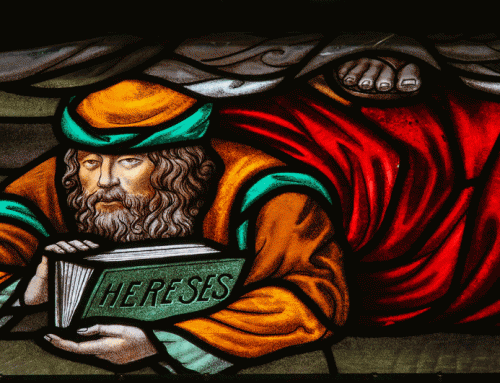
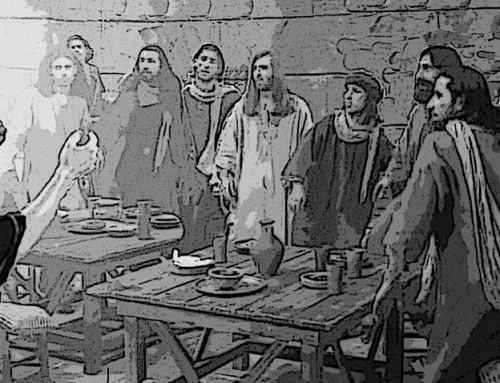
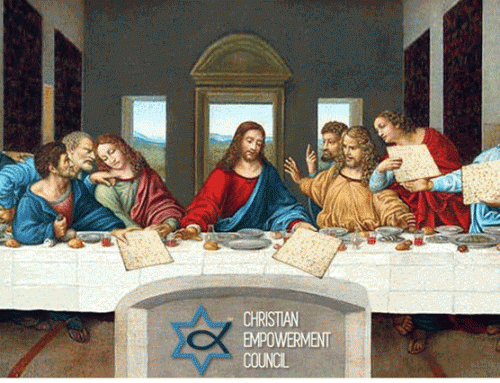
Leave A Comment